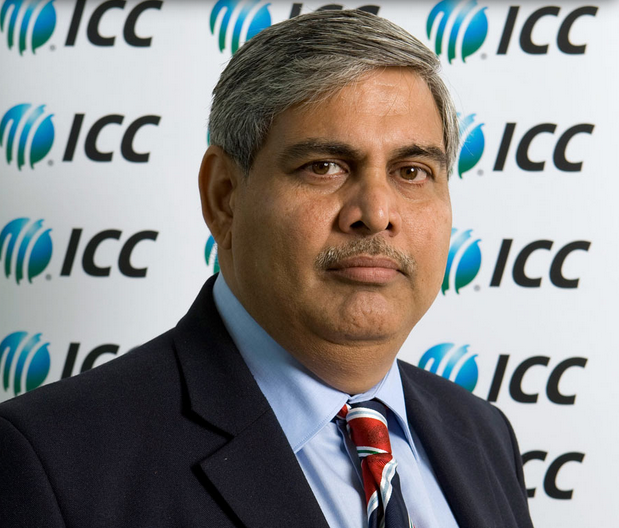The ICC have moved to end the control the ‘Big Three’ (India, England and Australia) have had on world cricket over the last two years.
The ICC Board made some big decisions at their first meeting of 2016 at the ICC Headquarters in Dubai on Wednesday.
A statement said: ‘The Board has agreed to carry out a complete review of the 2014 resolutions and constitutional changes with a view to establishing governance, finance, corporate and cricketing structures that are appropriate and effective for the strategic role and function of the ICC and all of its members.
‘As part of this wide-ranging exercise, the ICC Board has directed that the ICC’s constitution be reviewed in its entirety and all members have been encouraged to provide feedback on this issue to ICC management during the next few weeks.’
Moves have already begun to dismantle the system of governance proposed by the BCCI, ECB and CA two years ago, with confirmation of the expected change to make the ICC chairman an independent position.
The Board unanimously agreed to propose to the full council that a new chairman should be elected by the Board for a two-year term commencing at the June 2016 board meeting through a secret balloting process overseen by the ICC’s independent Audit Committee Chairman.
While in the office, the ICC chairman will not be allowed to hold any post with any member board and may be re-elected at the expiry of the term with a maximum limit of three terms.
To qualify to contest the election, it has been agreed that all nominees must be either a past or present ICC Board director and should have the support of at least two full member directors.







